THE LIBERAL ARTS TRADITION
A Documentary History
Bruce A. Kimball
Published in cooperation with the Association for
Core Texts and Courses

Copyright 2010 by
University Press of America, Inc.
4501 Forbes Boulevard
Suite 200
Lanham, Maryland 20706
UPA Acquisitions Department (301) 459-3366
Estover Road
Plymouth PL6 7PY
United Kingdom
All rights reserved
Printed in the United States of America
British Library Cataloging in Publication Information Available
Library of Congress Control Number: 2010924017
ISBN: 978-0-7618-5132-5 (paperback : alk. paper)
eISBN: 978-0-7618-5133-2
 The paper used in this publication meets the minimum
The paper used in this publication meets the minimum
requirements of American National Standard for Information
SciencesPermanence of Paper for Printed Library Materials,
ANSI Z39.48-1992
To the professors, deans, and students,
fellow laborers in the vineyard at colleges near and far,
who have read and discussed these texts with me
and have deepened and troubled our understanding
over the past twenty-five years,
this enchiridion is affectionately dedicated.
Table of Contents
Section II Late Antiquity and Middle Ages:
Christian Appropriation, Codification, and Female Imagery
Preface
The origins of this collection lie in 1986 when I began to lead an annual seminar for professors and deans based upon a selection of original, translated documents from the history of the liberal arts. My intent has been to read and discuss together some of the significant writings that have informed the meaning of liberal education in the past. This documentary history represents my effort to codify the selected documents, which I have whittled down from some 1,500 pages.
During the long development of this work, I have become indebted to many people in a number of ways. In the early 1980s my colleagues on the faculty of the University Honors Program at the University of Houston were deeply influential, particularly Ted Estess, Jack McNees, John Bernard, John Ettling, and John Danford. Acting on the kind recommendation of Sheldon Rothblatt of the University of California, Berkeley, Vice President Ralph Lundgren of the Lilly Endowment invited me in 1986 to offer a seminar on the history of liberal education as part of the summer institute on liberal education that the Lilly Endowment sponsored annually in Colorado Springs until 1994. I am grateful for their support and counsel during those years. My colleagues on the faculty of that institute provided important insights that contributed significantly to the evolution of that seminar and, ultimately, this anthology: Herman Blake, Mary Burgan, Elof Carlson, Jerry Gaff, George Lopez, Phil Moots, Frank Newman, Herman Sinaiko, David Smith, Martha Sullivan, Virginia Wright Wexman, and Margaret Wilkerson.
Subsequent to 1994 I offered that seminar at my own university and, upon invitation, at various other colleges and universities, including, particularly, St. Marys College of California, Westmont College in California, and St. Norberts College in Wisconsin. I am grateful to the sponsors of those seminars and particularly to Bill Hynes and Robert Orrill for their support of this project over many years. My former colleagues at the University of Rochester helped me at various points with learned suggestions: Mark Motley, Randall Curren, Tyll Van Geel, Lynn Gordon, and Harold Wechsler. Over the years, many research assistants have been immensely helpful: Kathleen Mahoney, Eleanor Rosenfield, Kevin OBrien, John Barker, Jason Blokhuis, and Ben Johnson. J. Albert Dragstedt and Frances M. Sweeney, of St. Marys College, California, participated in my seminar in 1995 and 1996; and I am appreciative of their learned comments and their permission to pubish their translations that have contributed significantly to this project. Helpful criticism and suggestions about the manuscript at various stages have been received from Eva Brann, Hugh Hawkins, Stanley Katz, Herman Sinaiko, John dArms, and Frank Oakley.
In addition, I would like to thank the Association of Core Texts and Courses and its executive director Scott Lee for their endorsement and sponsorship of this project. I am also extremely grateful for financial support of the research underlying this work, which has been received at various points from the Spencer Foundation, the American Philosophical Society, the Carnegie Corporation of New York, and the College Board. The opinions and conclusions of the research are my own and do not necessarily reflect the positions or policies of those institutions.
Throughout the selections, the spelling, punctuation, paragraphing, and, occasionally, syntax have been modernized.
As plants in gardens excel those that grow wild,
or as brutes by due management... are much altered,
so [we] by liberal education are much bettered
as to intellectuals and morals.
Bathsua Makin (1673)
Introduction
The Disputed Origins
The meaning and nature of the liberal arts have been fiercely contested during certain epochs in the past, and intense debate has once again erupted in recent decades. We will be in a better position to understand this debate if we know the history of the liberal arts. Yet, that history is also contested, and the historiographical dispute is manifested in the conflicting proposals that have been advanced for the origins of liberal education. Consequently, this documentary history begins by examining the variety of conflicting starting points that recent scholars have adopted in analyzing the history of liberal education. In this way, we will see the roots of prominent contrasting views of liberal education that have been advanced over the last century.
Certainly the best-known claim is that the liberal arts originated in ancient Greece during the fifth and fourth centuries B.C. Though often regarded as monolithic, this view actually comprehends at least three competing propositions. One was famously expressed early in the twentieth century by the distinguished scholar Werner Jaeger, who in 1933 published the first volume of his influential work, Paideia.
And what was that distinctive Greek meaning of real culture? As Jaeger went on to assert, Greece is in a special category. From the point of view of the present day, the Greeks constitute a fundamental advance on the great peoples of the Orient, a new stage in the development of society. [The Greeks] established an entirely new set of principles for communal life. However highly we may value the artistic, religious, and political achievements of earlier nations, the history of what we can truly call civilizationthe deliberate pursuit of an idealdoes not begin until Greece.
Jaeger thus maintained that the Greeks invented the notion of pursuing an ideal conception of the human being, and this pursuit is what he called culture. By the same token, Jaeger asserted that the Greeks invented the idea of education, by which he meant that they originated the idea of purposefully training youths to pursue an ideal conception of the human being. In general terms, this understanding of education is what, for Jaeger, becomes liberal education. More specifically, Jaeger turned to Plato to fill in the particulars of that higher type of person and cultural ideal, as well as to provide the philosophical justification for the entire framework. The choice of Plato was perfectly consistent, inasmuch as Plato is one of the thoroughly idealistic theorists of education.


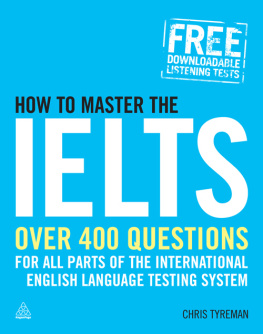


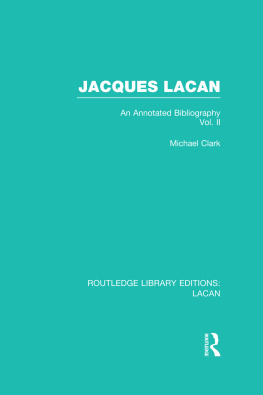
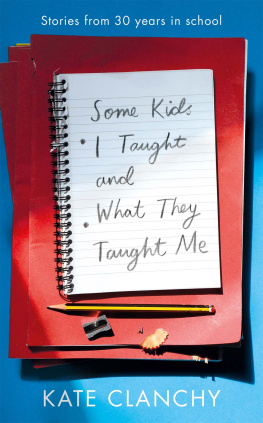
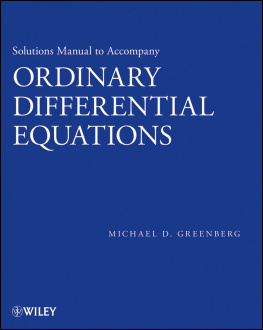
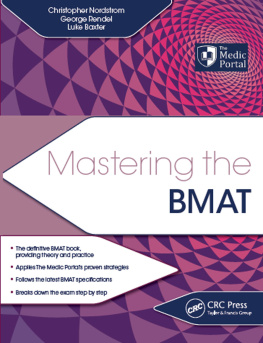
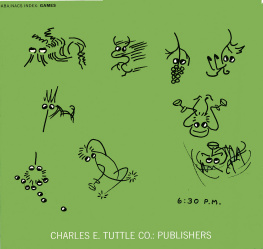

 The paper used in this publication meets the minimum
The paper used in this publication meets the minimum